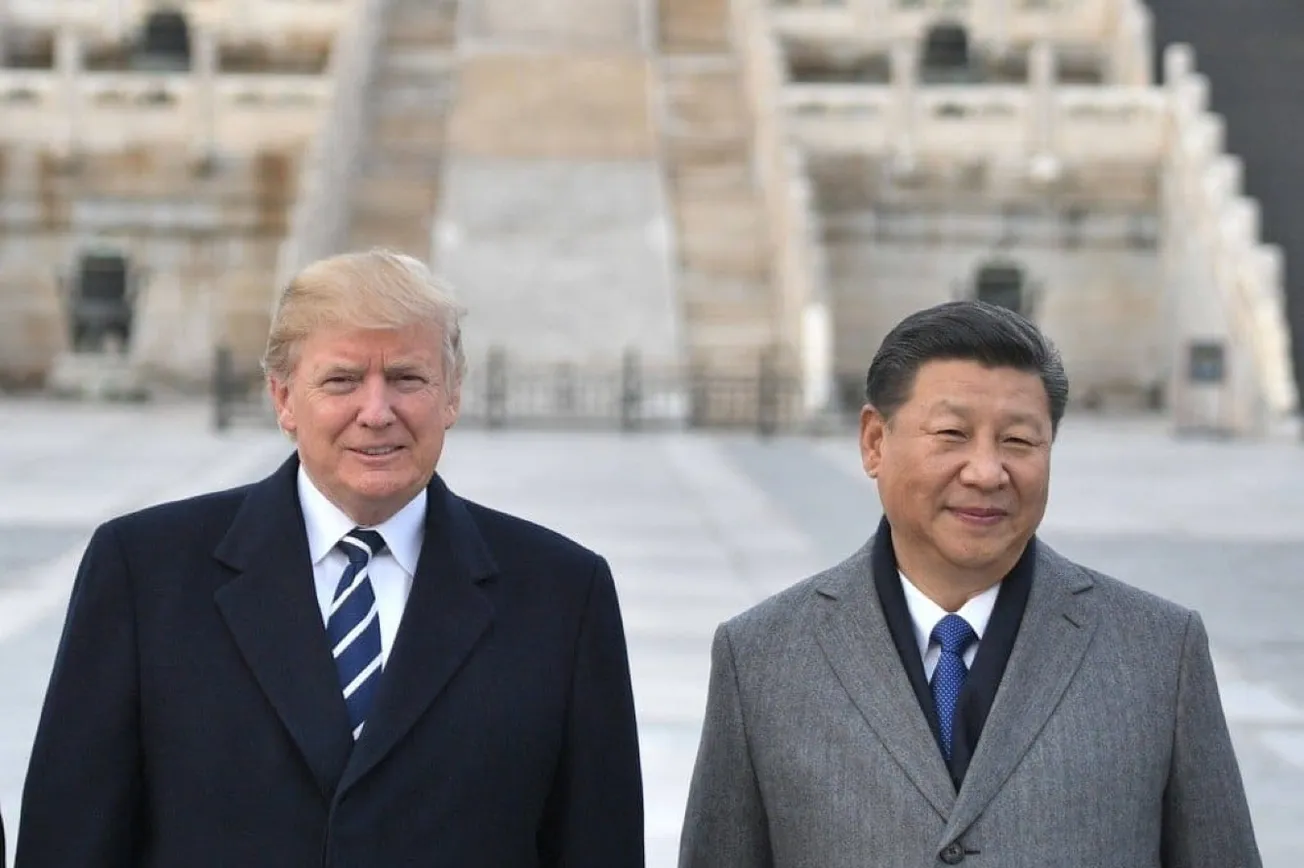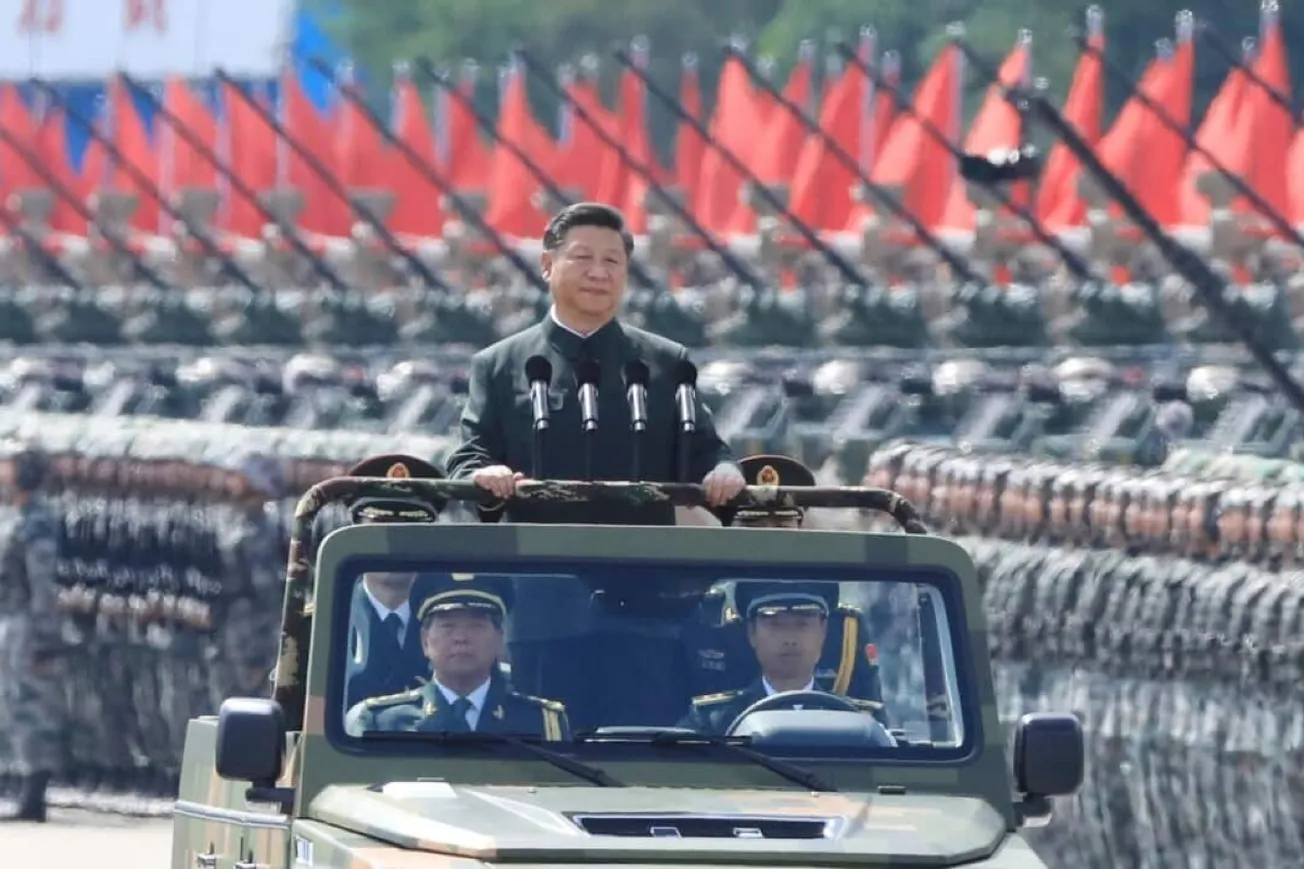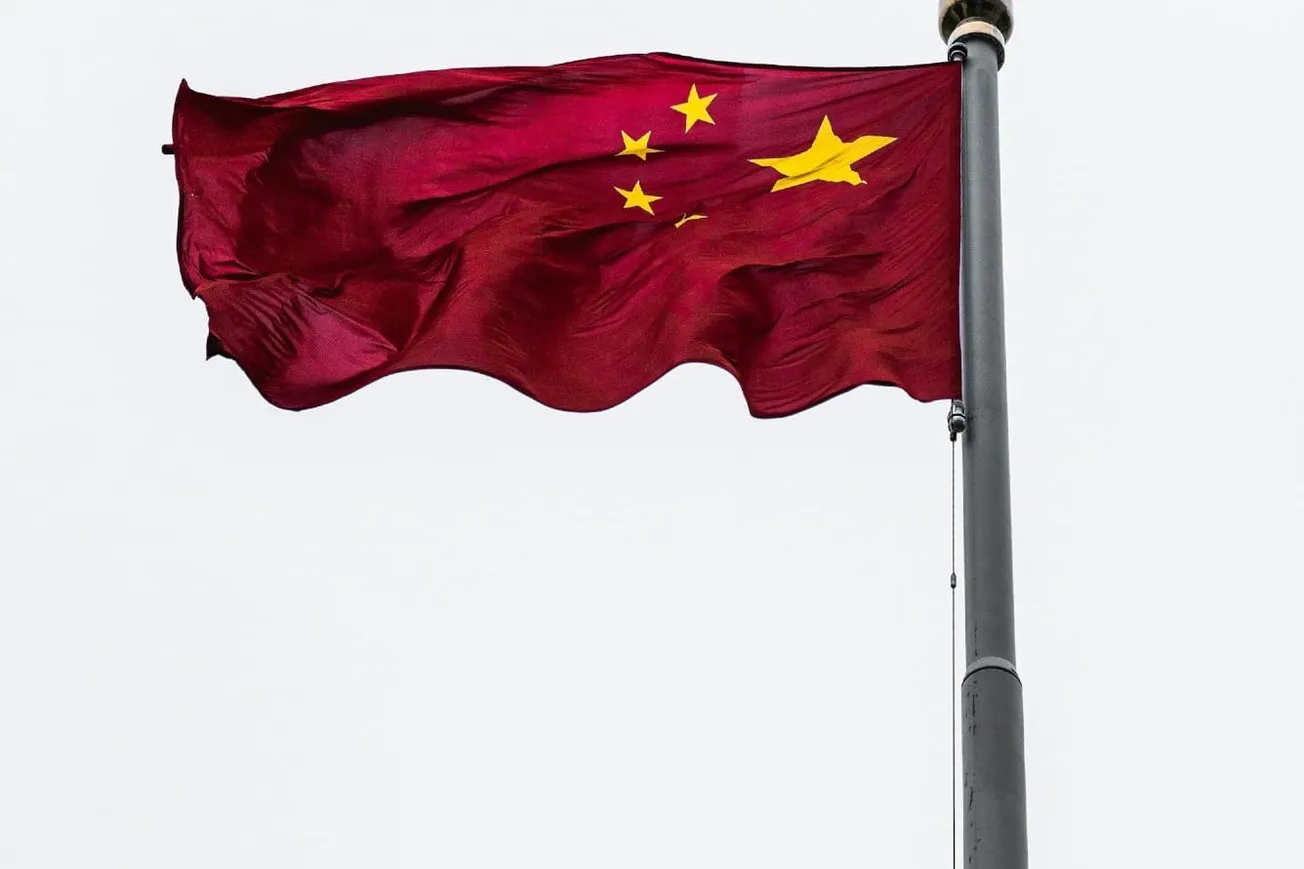Reports of 'dangerous harassment' and aggressive behavior by China's coastguard and navy in the South China Sea, which risk and threaten vessels from other countries, have become daily fodder for the news. The frequent and escalating confrontations have made the South China Sea a flashpoint over the past decade.
China's unilateral claims to almost ninety percent of the water body, based on Beijing's "historic" and controversial "nine-dash line," have amplified tensions in the region with its neighbors. Vietnam, the Philippines, and Taiwan have repeatedly been provoked and challenged by China's assertions, leading to confrontations in the South China Sea.
China's purported nine-dash line extends hundreds of miles from the country's southernmost province of Hainan. Said to date back centuries, according to Beijing, the U-shaped line outlines the atolls and islands in the South China Sea over which Beijing has territorial sovereignty and demarcates the maritime zones governed by the United Nations Convention on the Law of the Sea. Beijing is furthering its agenda through the gambit of ambiguity by claiming "historical rights" and simultaneously using the nine-dash line, which lacks precise geographic coordinates, as a basis for modern maritime rights. Besides territory, China's interest in the region is fueled by the desire to control and exploit the estimated 11 billion barrels of untapped oil, 190 trillion cubic feet of natural gas, and rich fishing resources.

The United States has been conducting Freedom of Navigation Operations (FONOP) since 1979 to counter such unilateral claims and ensure peace on the seas. These strategic maritime missions aim to preserve international maritime law and maintain peace and freedoms on the high seas.
The U.S. Navy has been engaged in extensive freedom of navigation operations in the South China Sea with twin intentions since 2015. On the one hand, U.S. naval vessels in the region allay the fears of the smaller countries and deter the threat of escalation. Secondly, they overtly challenge the claims made by China, establishing that America enjoys the right to sail in international waters and uphold the U.N. Convention on the Law of the Sea (UNCLOS).
However, a recent report by Australian researchers states that the U.S. FONOPs have been ineffective in achieving their goals. The study finds that the FONOP program between 2016 and 2023 may have contributed to heightened tensions in the region, with Beijing becoming increasingly "oppositional over time." China has used the presence of U.S. vessels so close to its shores to justify its militarization.
The strained diplomatic relations between the two countries led to the FONOPs being viewed as a direct threat rather than a deterrent. Beijing has often argued that freedom of navigation should not extend to military vessels. China also cites that the U.S. is not a party to UNCLOS, which it aims to uphold with the strategic maritime missions.
However, others in the region, particularly Manila and Taipei, have welcomed the presence of American vessels. Joint exercises and regular sorties have ensured the sea remains open and accessible to the international community.
Despite Beijing missing the "strategic communication," many argue that FONOPs have played a role in advocating for a rules-based order. It cannot be denied that American naval presence has reined in Beijing's plans to militarize uninhabited atolls and build artificial islands in the South China Sea. U.S. presence has maintained regional stability and protected international shipping routes and commercial fishing operations.
Regardless of Beijing's displeasure, the vital maritime corridor that facilitates approximately $5.3 trillion in annual trade must remain accessible to all parties. By consistently challenging China's arbitrary claims, such operations have prevented control of the South China Sea from slipping into Beijing's hands.
In his first term, President Trump increased the frequency and assertiveness of FONOPs in the South China Sea. He authorized close to twenty programs in the region and even increased military support for countries contesting Chinese claims.
In the past four years, Beijing has become more aggressive in the region, and there have been numerous skirmishes between its navy and foreign vessels. As he imposes steep tariffs to balance the trade deficit with China, it will be interesting to see how Trump tackles Beijing’s shenanigans in the South China Sea.
TIPP Picks
Selected articles from tippinsights.com And More
Trump Administration
1. One Hard Truth Democrats Must Face to Navigate Trump 2.0 - Matt Robison, Newsweek
2. DC Elites Aren't Upset That Trump Is Taking Decisive Action, It's That He's Using It To Put America First – Greenwald, Fox News
3. MAGA And King’s Dream - Star Parker, The Daily Signal
4. Trump Ends The Wind Fantasy – John Hinderaker, Powe Line
5. Defund, Disrupt, Dismantle - Erik Gregory and Todd Gregory, American Thinker
6. Trump Demands Apology From ‘So-Called Bishop’ After Delivering ‘Boring And Uninspiring’ Inaugural Sermon - Thomas English, DCNF
Immigration
7. Republicans In Congress Seek To Buttress Trump’s Border Agenda - George Caldwell & Virginia Allen, The Daily Signal
8. Savor The Border Wins For A While - Simon Hankinson, The Daily Signal
9. WOLD: Liberal Lawyers Are Wrong — Trump Can, And Should, End Birthright Citizenship - Theo Wold, DCNF
10. New Bill Would Codify Trump’s Birthright Citizenship Executive Order Into Law - Virginia Allen, The Daily Signal
11. Tom Homan Is Right: Babies of Criminally-Present Aliens Are Not Citizens - Paul Dowling, American Thinker
12. Media Grandstanding On Immigration Meets Reality - Steve Cortes, Patria with Steve Cortes
13. Birthright Citizenship: Game On! - John C. Eastman, American Mind
14. Trump 2.0 Hits The Ground Running As Birthright Citizenship EO Sparks First Legal Showdown - Editorial Board, TIPP Insights
15. Feds Raid California 'Maternity Hotels' for Birth Tourists - Andrew Blankstein, Anna Schecter and Tracy Connor, NBC News (article from 2019)
Energy/Environment
16. Trump Unleashed His Day One Energy Blitz — Now What? - Nick Pope, DCNF
17. Western Offshore Wind EIS Is MIA - David Wojick, CFACT
18. Scapegoating Climate To Hide Callous Government Malfeasance - Paul Driessen, CFACT
Abortion
19. Sen. Ricketts To Introduce Bill To Protect Dignity Of Aborted Unborn Babies - Elizabeth Troutman Mitchell, The Daily Signal
20. Every Senate Democrat Votes Against Protecting Babies Born Alive From Botched Abortion - Elizabeth Troutman Mitchell, The Daily Signal
Politics
21. The Addicted, Petty, and Hysterical Left — Victor Davis Hanson, American Greatness
22. Elon is Hitler? Liberals regress to cancel culture to compensate for their loss - Ingrid Jacques, USA TODAY
23. Joe Rogan’s Blistering Response To Liberals Who Accused Elon Musk Of Nazi Salute — Emma Richter, Daily Mail
24. Is the LA Firepocalypse Part of the Great Reset Gameplan? - Janet Levy, American Thinker
25. Bad Actor: The Fate of Peter Daszak - Wendi Strauch Mahoney, American Thinker
26. The Competency Crisis Proliferating The West - Alastair Crooke, The Ron Paul Institute for Peace and Prosperity
27. Can Brent Bozell And Kari Lake ‘Make Media Great Again’ At Broadcast Agencies? - Fred Lucas, The Daily Signal









